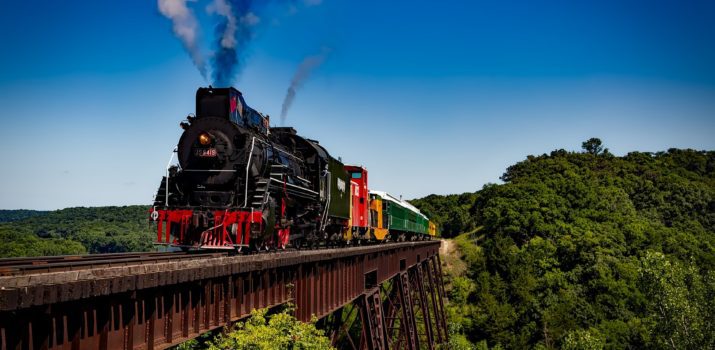What if we slowed down?


In recent years, the need to slow down the pace of our lives has become increasingly apparent. Especially since the pandemic, our relationship with time has tended to evolve. This desire to slow down is not new.
The Slow movement, for example, was initiated in the 80s in response to global acceleration. It invites us to slow down gently, to appreciate simple moments and take time to live. Launched in Italy by Carlo Petrini, Slow food (as opposed to fast food) defends fundamental values such as authenticity, respect, love, sharing and nature.
Slow is now spreading to other areas, including tourism. It’s true that most vacations turn into a marathon of visits, must-sees and activities. Performance and the “need” to see and do everything in a limited time can reduce the very quality of the trip. It’s as if, even on vacation, we had the constraints and mental burden of a to-do list…
Slow tourism or Slow travel encourages us to travel differently. The emphasis is on discovering local regions, cultures and traditions, while enjoying the passing of time. Even if you don’t get to see all the must-sees listed in travel guides, it’s sometimes more rewarding to return home with a headful of memories of moments spent discussing local specialities with locals. This alternative to mass tourism also advocates the use of low-impact means of transport, such as trains. The advantage of unhurried travel is that it can be applied anywhere, here or on the other side of the world. The key is to immerse yourself respectfully in the local culture.
And since winter is drawing to a close, the BCUL – site Riponne thought it was time to select documents extolling the virtues of Slow tourism. Because it’s never too late (or too early!) to think about your next trip. Check out the selection from March 6 to April 3 in the Agora!